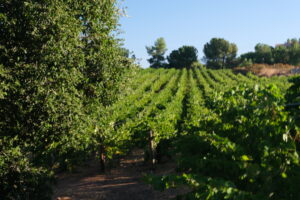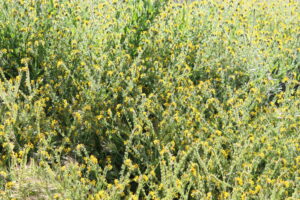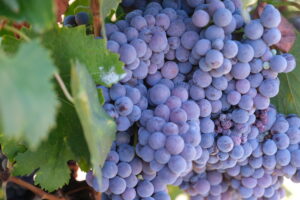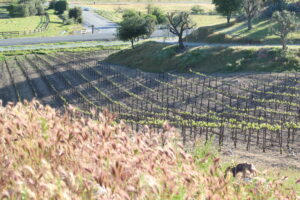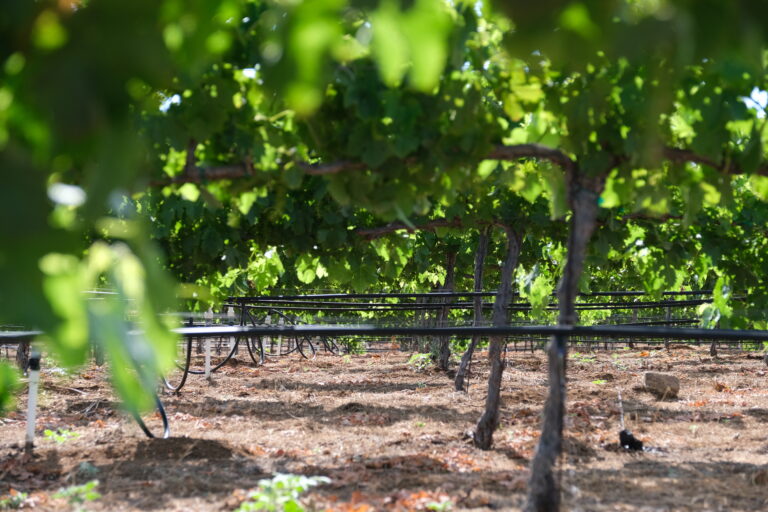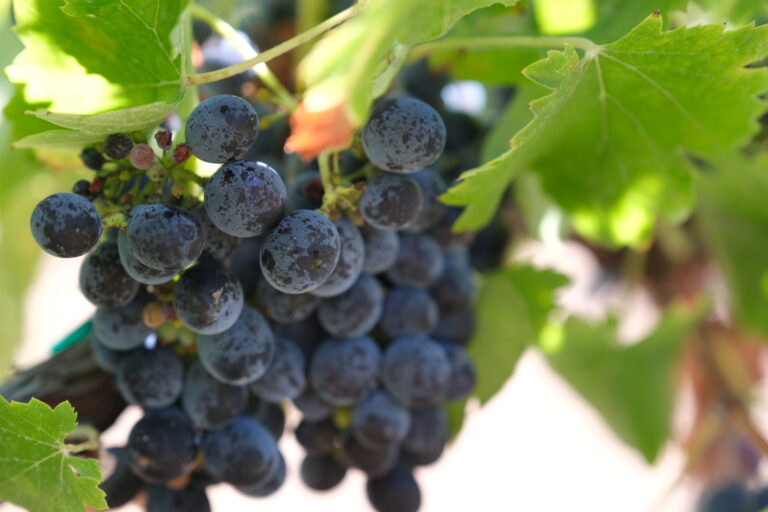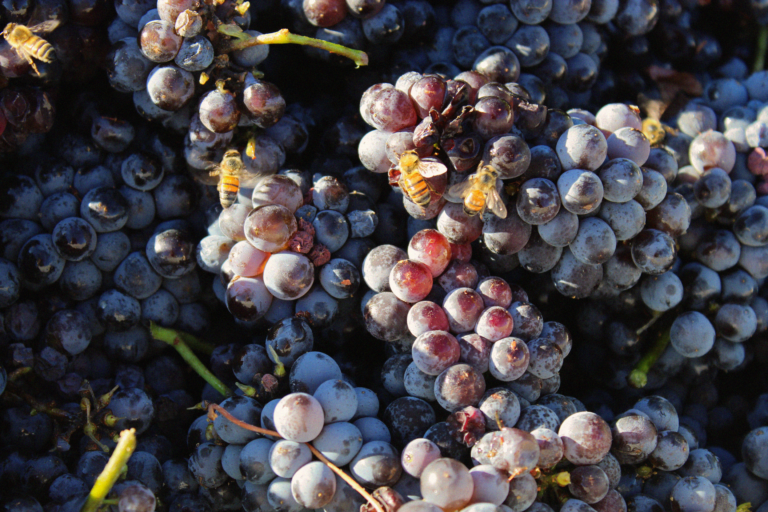Organic winemaking, at its core, revolves around the cultivation and crafting of wine through natural, ecologically mindful methods, aimed at minimizing the use of synthetic chemicals and intervening with the natural course of grape cultivation and wine production. This holistic approach embraces organic farming practices, considering the whole ecosystem in which the vineyard exists. It prioritizes the vitality of the soil, plant health, and the delicate balance of the surrounding environment.
The roots of organic winemaking trace back to the earliest days of viticulture. The foundation of organic methods lies in traditional, almost intuitive practices of agriculture that predate modern synthetic farming. However, it’s over the recent decades that this approach has truly gained momentum, with a surge in popularity driven by an increasing consumer demand for ethically produced, environmentally responsible products across various industries. The wine market has seen a marked increase in organic wine production, as wineries worldwide adapt their practices to align with these conscious consumer choices. This has contributed to a shift in the narrative of wine, transforming it into not just a beverage but an embodiment of sustainability and conscious consumption.
Organic Viticulture
Farming practices without synthetic pesticides or fertilizers
In organic viticulture, the focus is on maintaining vineyards through farming practices that abstain from synthetic chemicals, including pesticides and fertilizers. This approach emphasizes natural pest control methods, utilizing beneficial insects, cover crops, and naturally derived sprays, to preserve the health of the vines. Without synthetic inputs, it becomes crucial to implement practices that promote soil health and biodiversity.
Soil management and biodiversity
Soil management is at the core of organic viticulture. The soil acts as the lifeline of the vineyard, nurturing the vines and contributing to grape quality. Practices such as cover cropping, composting, and utilizing natural fertilizers support soil structure and enhance its biodiversity. Healthy, fertile soils create a thriving environment for vines and contribute to the overall health of the ecosystem.
Certification process for organic vineyards
The certification process for organic vineyards involves a comprehensive and rigorous evaluation. To obtain organic certification, vineyards must adhere to strict guidelines outlined by organic certification bodies, like the USDA Organic, Ecocert, or other local certifiers. These guidelines demand that vineyards maintain organic farming practices for a defined period, typically three years, before they can attain the official organic certification. This process involves regular inspections and adherence to stringent criteria, ensuring that wineries comply with organic standards in their farming practices.
Organic Winemaking Techniques
Use of Natural Yeasts for Fermentation
- Indigenous Yeasts: Indigenous yeasts are naturally occurring, found on grape skins or within the vineyard environment. This process is integral to organic winemaking, promoting the expression of a vineyard’s distinct terroir. Utilizing these yeasts is a fundamental aspect of the winemaking process, encouraging unique flavor profiles specific to the region, soil, and climate of the vineyard.
- Terroir Expression: The use of indigenous yeasts reflects the unique terroir, resulting in wines with individual characteristics. This natural approach to fermentation allows for more complexity and depth in the wine, creating a direct link between the product and the land from which it originates. The result is an authentic expression of the grape variety and the unique qualities of the vineyard site.
Avoidance of Additives and Processing Aids
- Chemical Additives: In organic winemaking, the avoidance of artificial flavors, colorings, and synthetic preservatives is a key principle. By excluding these additives, the wine retains a pure and unadulterated quality. This natural winemaking process prioritizes the integrity of the grape and the wine’s essential properties, enhancing its unique characteristics.
- Fining Agents: Using animal-derived products for fining is typically avoided in organic winemaking. Organic wineries often opt for natural fining agents, such as bentonite or plant-based alternatives. These methods ensure the wine’s natural clarity and purity, in line with organic principles. The process can take longer, but it preserves the wine’s organic integrity.
- Minimal Intervention: Minimizing winemaking intervention is a core principle. This hands-off approach allows the grapes to express themselves fully, resulting in wines that are a truer reflection of their terroir. The winemaker’s role in organic winemaking is to guide the wine gently, letting the natural winemaking process take its course, fostering unique and expressive wines.
Differences in Winemaking Processes
- Reduced Manipulation: In contrast to conventional winemaking, organic winemaking involves reduced manipulation. Instead of imposing a winemaker’s will on the wine, organic principles seek to let the wine develop naturally. This approach allows the wine to present its unique qualities and characteristics.
- Terroir-Driven Wines: By emphasizing the unique terroir of a vineyard, organic winemaking produces wines that reflect the distinct regional and environmental factors. The emphasis on terroir is fundamental in organic winemaking, ensuring that the resulting wines are expressions of the land, the climate, and the grape varieties themselves.
Benefits of Organic Winemaking
Environmental Impact
- Ecosystem Preservation: Organic winemaking practices prioritize ecosystem preservation. Without the use of synthetic chemicals, organic vineyards promote biodiversity and protect the soil and surrounding flora and fauna. This method avoids contamination of local ecosystems, contributing to healthier, more sustainable environments.
- Reduced Chemical Use: The absence of synthetic pesticides and fertilizers minimizes chemical runoff, preserving water quality and safeguarding the health of waterways. Organic vineyards also reduce the overall carbon footprint, promoting a more environmentally friendly approach to winemaking.
The way our owner, David Steinhafel, views it: “Organic practices foster a deeper connection to the land, ensuring the preservation of our environment. By promoting biodiversity and eschewing harmful chemicals, we aim to safeguard our natural resources, nurturing a sustainable future.”
Potential Health Benefits
- Purer Wine Composition: Organic winemaking limits the presence of synthetic additives and preservatives, resulting in wines with fewer chemical residues. These wines offer a purer, more natural product that could be seen as a healthier choice for many consumers. Additionally, the absence of synthetic chemicals may reduce the risk of adverse health effects for both producers and consumers.
- Allergen Reduction: Organic practices reduce the chances of allergic reactions, as organic wines generally contain fewer allergens due to minimal chemical intervention in the vineyard and winemaking process.
Taste and Quality Considerations
- Expressive Terroir: Organic wines often reflect their unique terroir more clearly due to natural cultivation and minimal intervention. These wines can possess a more distinct character, showcasing the true essence of the vineyard and region.
- Quality Enhancement: The emphasis on organic methods often leads to wines of higher quality. The careful attention to detail in the vineyard and winery process produces wines of exceptional taste, depth, and complexity.
The significance of organic winemaking extends far beyond the process; it symbolizes a commitment to preserving the environment, producing purer wines, and promoting a deeper connection to the land. With an increased focus on sustainable practices, the trajectory of the wine industry points toward an exciting future where organic methods play an increasingly pivotal role. As we raise our glasses to the future, the growing demand for organic wines promises a more conscientious, environmentally friendly, and quality-focused wine world.
Challenges in Organic Winemaking
- Dealing with pests and diseases: Organic vineyards often face the challenge of managing pests and diseases without the use of synthetic chemicals. This involves implementing natural pest control strategies like introducing beneficial insects, using cover crops, and practicing crop rotation. Disease management frequently relies on cultural methods and the use of natural fungicides to prevent mildew and other diseases that might impact the grapes.
- Climate and weather-related challenges: Weather conditions have a profound impact on vine health and grape quality. Organic vineyards, due to the absence of certain synthetic treatments, might be more susceptible to weather-related issues like extreme temperatures, humidity, and precipitation. Moreover, organic farming methods typically promote biodiversity, which can help mitigate some weather-related challenges by fostering healthier ecosystems around the vineyard.
- Market and consumer perception: While consumer interest in organic wines is growing, there’s still a need for more education and awareness. The perception that organic wine might be of lesser quality or that it’s less effective in dealing with challenges compared to conventional wines is a hurdle. This perception needs to evolve, especially considering the stringent regulations and labor-intensive practices involved in organic winemaking, which often lead to premium-quality products.
Organic vineyards continue to adapt, innovate, and refine their practices to mitigate these challenges and demonstrate the sustainability and quality of their wines, which often results in exceptional vintages and unique terroir expressions.
The Principles Behind Organic Winemaking
- Ethical and sustainable farming: Organic winemaking is rooted in ethical practices. It involves sustainable and responsible farming techniques that prioritize environmental health, focusing on the preservation of the land and surrounding ecosystems. Practices such as crop rotation, composting, and avoiding synthetic chemicals in favor of natural alternatives are core to this principle. Ethical farming also extends to fair labor practices and the well-being of vineyard workers.
- Transparency and integrity in production: Organic winemakers are committed to transparency at every stage of the winemaking process. This includes detailed record-keeping of farming practices, winemaking techniques, and adhering to stringent organic standards. They aim to provide consumers with a clear understanding of what goes into producing their wines, often sharing the story behind each bottle to showcase the integrity of their practices.
- Commitment to preserving terroir: Preserving the unique characteristics of the terroir, the environmental conditions that give wine its distinct taste and quality, is fundamental in organic winemaking. By embracing organic principles, winemakers foster the natural expression of the vineyard site. This commitment to the terroir is achieved by minimizing human intervention, allowing the vineyard’s natural attributes to shine through in the wine.
These principles not only shape the way organic wine is made but also contribute to a broader, more holistic approach to winemaking that respects the environment, supports local ecosystems, and delivers an authentic reflection of the land in each bottle.

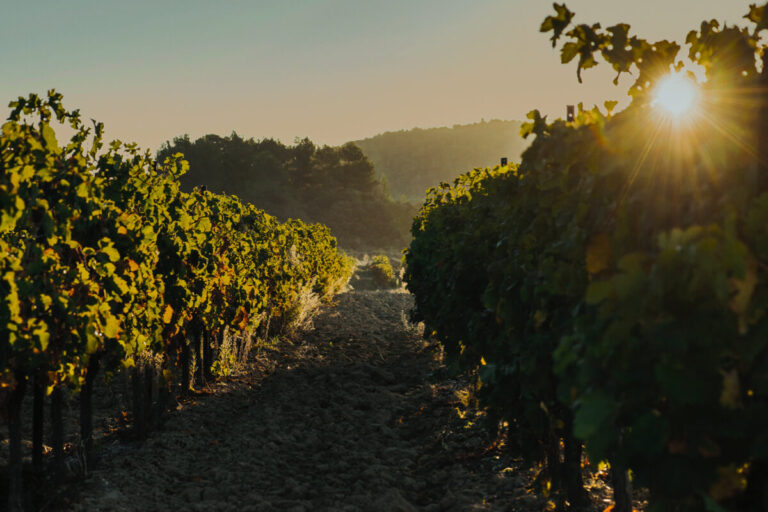
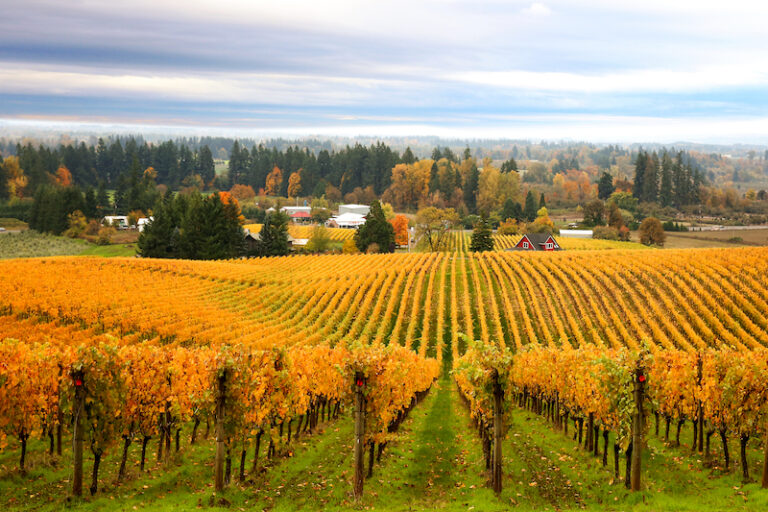
Case Studies: Successful Organic Winemakers
Profiles of pioneering organic wineries
- Bonterra Vineyards (Mendocino County, California): Recognized for its extensive commitment to organic and biodynamic farming, Bonterra is renowned for producing quality organic wines. Their vineyard practices focus on soil health, biodiversity, and environmental conservation, illustrating a successful and longstanding approach to organic viticulture.
- Château Maris (Languedoc-Roussillon, France): This winery has made significant strides in sustainable practices, going beyond organic to embrace biodynamic principles. Château Maris implemented unique initiatives like utilizing hemp concrete in their winery and biodynamic practices in their vineyards, showcasing innovation in organic winemaking.
- Sokol Blosser Winery (Dundee Hills, Oregon): As a family-owned winery, Sokol Blosser has transitioned to certified organic farming, focusing on natural vineyard management techniques. Their commitment to environmental sustainability is evident in their business approach and the production of highly regarded organic wines.
Impact on the wine industry and consumer trends
The success of these wineries has significantly impacted the wine industry, prompting increased interest in sustainable and organic practices. Consumers are becoming more conscious of their purchasing decisions, leading to a surge in demand for organic wines, which in turn influences vineyards worldwide to adopt similar practices.
These pioneering wineries, among many others, have demonstrated the feasibility and benefits of organic winemaking, setting a standard for both the industry and consumer expectations. They’ve not only shown that quality wine can be made organically but have also inspired a shift in the entire viticulture landscape toward more environmentally friendly practices.
The Future of Organic Winemaking
Innovations and Technological Advancements
- Precision Viticulture: With technological advancements like drone and satellite imaging, vineyards can monitor and analyze data on soil conditions, grape health, and more. This precise monitoring aids in targeted interventions, reducing the need for broad pesticide or fertilizer application.
- Biodynamic Practices: More vineyards are adopting biodynamic farming, an even more holistic approach to viticulture that incorporates ecological principles. This goes beyond organic practices and encompasses cosmic rhythms, herbal treatments, and even more intricate vineyard management methods.
- Emerging Research and Techniques: Ongoing research and development in the industry explore new eco-friendly farming practices and winemaking techniques that minimize environmental impact. This includes studies on disease-resistant grape varieties and innovative fermentation methods that preserve the unique characteristics of organic wines.
Predictions for Market Growth and Consumer Demand
- Increasing Demand: The trend toward organic and sustainable products extends to the wine industry, with growing consumer demand for environmentally friendly and healthier options. This trend is expected to continue, propelling the market for organic wines.
- Market Expansion: While currently niche, the market for organic wines is predicted to expand. Factors such as increased consumer awareness of the environmental impact of their choices and a preference for natural and organic products contribute to this projected growth.
- Industry Adaptation: Wineries worldwide are likely to increasingly adopt organic and sustainable practices in response to consumer preferences. With ongoing innovations and growing demand, the industry will continue to evolve, driving forward the principles of organic winemaking.
The future of organic winemaking is anticipated to be driven by advancements in technology, innovation in sustainable practices, and a consumer base increasingly interested in organic and eco-friendly products. The industry will likely witness a steady rise in the market for organic wines, encouraging further innovations and an enhanced commitment to environmentally conscious viticulture.
Organic winemaking is more than a trend; it’s a commitment to sustainability, ethical farming, and premium quality. As the movement towards environmentally conscious products gains momentum, the wine industry continues to embrace organic practices, recognizing the significance of preserving our ecosystems and producing healthier wines. With innovations in technology, a dedication to ethical principles, and a steadfast consumer demand, the future of organic winemaking looks promising. This collective commitment not only elevates the quality of the wine but also signifies a respect for the environment and an ethical approach to viticulture, promising a more sustainable and richer world of wines for the future.

